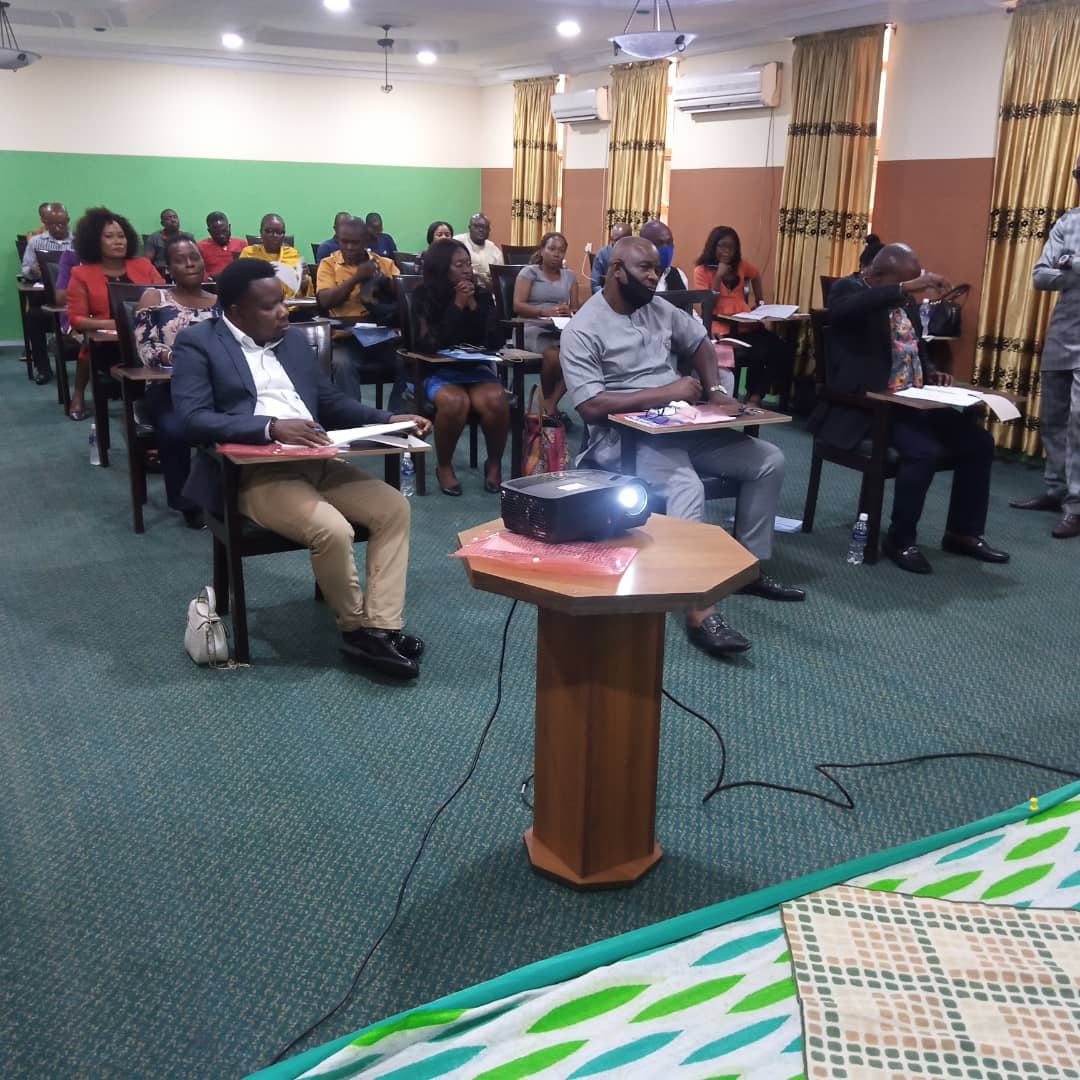Business
Stakeholders Decry Non-Functional Baro Port

Stakeholders in the maritime industry have decried the non-functioning of Baro Port in Niger State, four years after its commissioning by former President, Muhammadu Buhari.
The port, located in Agaie Local Government Area of the State, was constructed at the cost of N5.8 billion and has a quarry length of 150 metres, cargo stacking yard of 7,000 square metres, a transit shed of 3, 600 square metres and a capacity of 5,000 TEU at a time.
However, since its inauguration on January 19, 2019, Baro Port has remained dormant, with no visible effort to utilise the facility.
An investor, Alhaji Salau Kabaraini, expressed disappointment with the state of affairs at the port, saying it was a huge let down for the locals and Nigerians as a whole.
“The port has no access road, as the road leading to the area remained dilapidated and inaccessible”, he stated.
He appealed to President Bola Tinubu to treat the project as a priority, “because of its economic importance”.
Kabaraini said disclosed that the port has the capacity to create huge economic opportunities for Nigerians, adding that experts said it has the capacity to generate not less than 4,500 direct and indirect jobs.
”Bring this road back to life. I remember during the time of Nigeria’s founding fathers, produce like cotton, groundnut, hide and skin were transported from Kano through Baro Port and exported overseas.
“I am interested in investing in Baro Port. Since the commissioning of this port, one would think that by now there will be good roads to the port, followed by a flurry of economic activities, but unfortunately, none.
“When you want to site an industry, one of the criteria to consider is access road, but it’s not there”, he lamented.
Also Speaking, Unit Head, Marine Area Office, National Inland Waterways Authority, Minna,Yusuf Mohammed, decried the condition of the road leading to the port, saying it has made their operation difficult.
“The road to the port is not pliable, when we went there recently it was not easy for us to get to the port because it is swampy during the rainy season”, he said.
Transport
Automated Points Concession : FAAN Workers Gave 72hrs To Revise Decisions In PH

Transport
FAAN Announces Pick-Up Points for Go-Cashless Cards

Business
Fidelity Bank To Empower Women With Sustainable Entrepreneurship Skills, HAP2.0
-
Politics3 days ago
2027: NIGERIANS FAULT INEC ON DIGITAL MEMBERSHIP REGISTER DIRECTIVE
-

 Environment3 days ago
Environment3 days agoLAWMA Director Says Sweeping Reforms Have Improved Waste Collection
-
Politics3 days ago
LP Crisis: Ex-NWC Member Dumps Dumps Abure Faction
-

 Politics3 days ago
Politics3 days agoUmahi Dismisses Allegations On Social Media, Insists On Projects Delivery
-

 Sports3 days ago
Sports3 days agoAbia Not Sure To Secure continental Ticket
-
Sports3 days ago
La Liga: Yamal Records First Career Hat-trick
-
Politics3 days ago
NATASHA ELECTRIC VEHICLES INITIATIVE IN KOGI CENTRAL
-

 Sports3 days ago
Sports3 days agoPSG Extend Lead In Ligue 1

